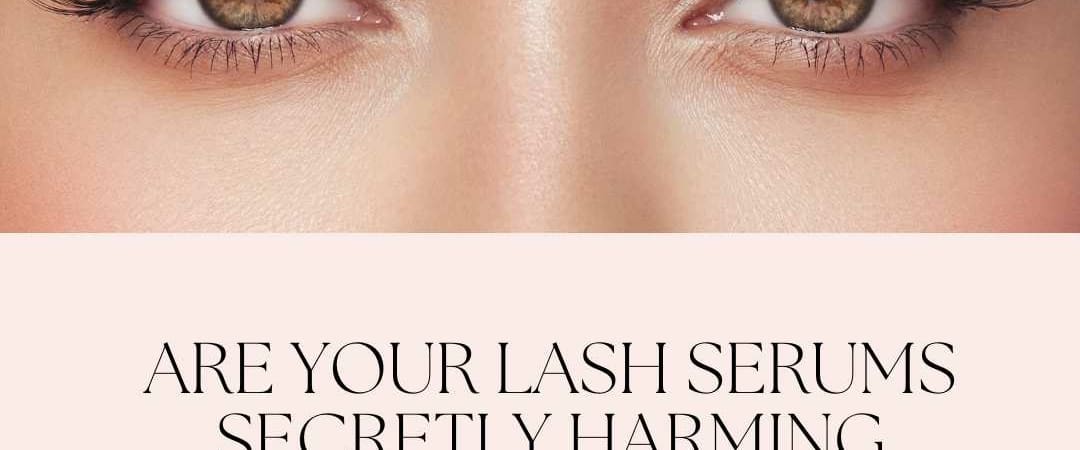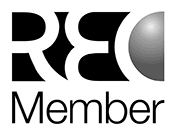It is no secret that the pursuit of longer, natural lashes propelled by the ‘clean girl aesthetic’ has led to the widespread use of lash serums in the beauty industry. However, recent revelations have brought to light potential risks associated with certain viral products, such as UKLash.
Lash serums, designed to extend the growth phase of eyelash hair cycles and increase the number of lashes, promise longer, darker and thicker lashes – seemingly a no-brainer, right?
Wrong…
Prostaglandins, naturally occurring compounds in the body, regulate inflammation and are commonly used in medications treating eye diseases like glaucoma. Recognising this ingredients potential, Allergan introduced Latisse, the first prescription product with the active ingredient Bimatoprost, a prostaglandin analogue.
Following the release of Latisse, consumers started to report that the use of prostaglandins in lash serums comes with significant side effects, including itching, redness, swollen eyes, changes in eye colour, discolouration on the eyelids and most notably orbital fat loss (sunken eyes), sparking viral concerns across all social media outlets.
Several over-the-counter viral lash serums, including Grande Lash and Revitalash, have been found to contain prostaglandin analogues, now raising questions over the approval process for certain ingredients and regulatory guidelines for products like this.
The pursuit of stunning lashes should not compromise eye safety and in the midst of this controversy, some lash serums stand out as potentially safer alternatives. Peptide-based formulations, such as The Ordinary lash serum, Vegamour Gro Lash Serum, and Lashfood Serum, offer an effective approach to achieving beautiful lashes without the potential risks associated with prostaglandins.
To our network in regulatory or formulations, what are your thoughts on this topic? Comment below!
#Veblen #UKLashControversy #ProstaglandinAnalogues

How Luxury Beauty is Evolving in 2025 with High-End Brands Leading the Way

How AI is Redefining the Beauty Industry in 2025



